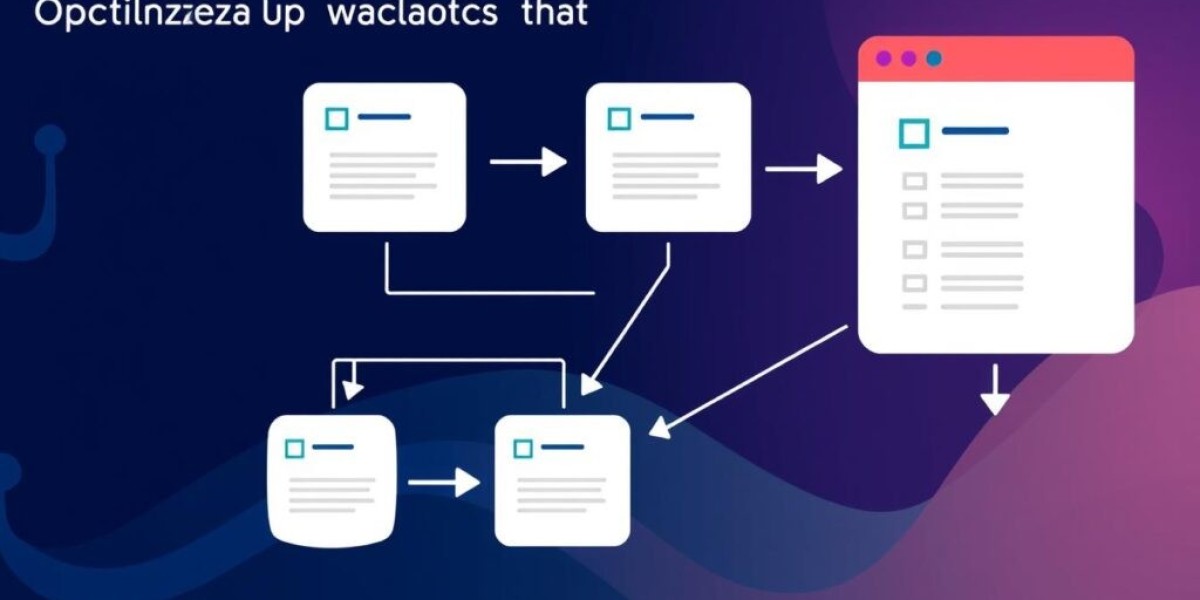Relaxation Therapy
What are the psychological results of relaxation therapy?
Leisure remedy, particularly rest therapy, has quite a few psychological results that can contribute to total mental well-being. One of the first advantages is the discount of stress. Engaging in leisure actions helps decrease cortisol levels, fostering a way of calm and leisure.

Enhanced Mood
Participating in leisure therapy can significantly improve temper and promote emotions of happiness. Activities corresponding to art, music, or op nature walks can stimulate the release of endorphins, that are generally recognized as "feel-good" hormones.
Improved Coping Skills
Relaxation therapy teaches people priceless coping strategies to handle anxiety and stress. These abilities can help people face difficult conditions with a extra optimistic and resilient mindset.
Social Interaction
Leisure actions often contain social interplay, which may combat feelings of isolation and loneliness. Building connections with others during leisure remedy classes can improve total emotional well being and foster a way of neighborhood.
Increased Self-Esteem
As participants engage in enjoyable activities and meet private objectives, they usually experience a lift in self-esteem. Completing a project, mastering a talent, or simply having fun with oneself can reinforce a way of accomplishment.
Mindfulness and Presence
Relaxation therapy encourages mindfulness, which helps people turn out to be more aware of their ideas and emotions. This follow can result in a higher sense of presence within the moment, lowering worries in regards to the past or future.
Overall Well-Being
In sum, relaxation therapy within leisure settings presents a multifaceted method to enhancing psychological health. By selling rest, enhancing mood, and encouraging social connections, people can expertise a profound optimistic impact on their psychological well-being.
What is the purpose of relaxation?
The purpose of relaxation therapy is to advertise overall well-being by decreasing stress and anxiousness. It aims to create a state of physical and mental calmness, allowing people to recharge and rejuvenate.
Through varied methods such as deep breathing, progressive muscle leisure, and guided imagery, relaxation remedy helps to:
- Lower blood pressure
- Decrease coronary heart rate
- Enhance mood and emotional health
- Improve focus and productivity
Benefits of Relaxation Therapy
Incorporating relaxation therapy into daily life can have profound results on both psychological and bodily well being. Regular apply can lead to:
- Better sleep quality
- Increased resilience to stress
- Enhanced creativity and problem-solving skills
Ultimately, rest remedy serves as a vital software for sustaining steadiness in a fast-paced world, providing people with the opportunity to slow down and reconnect with themselves.

What is the purpose of the relief response?
The aim of the relief response in Relaxation Therapy is to advertise psychological and physical well-being by reducing stress and nervousness. The remedy seeks to achieve the next key aims:
- Stress Reduction: Help people handle stress through numerous rest methods.
- Emotional Regulation: Enhance emotional stability and reduce emotions of overwhelm.
- Physical Relaxation: Alleviate muscle rigidity and promote a sense of physical ease.
- Increased Awareness: Cultivate mindfulness and self-awareness, allowing people to raised perceive their thoughts and feelings.
- Improved Sleep Quality: Assist in establishing healthier sleep patterns by selling leisure before bedtime.
Overall, the objective is to empower people to take control of their psychological health by way of easy, efficient rest methods that might be built-in into daily life.







